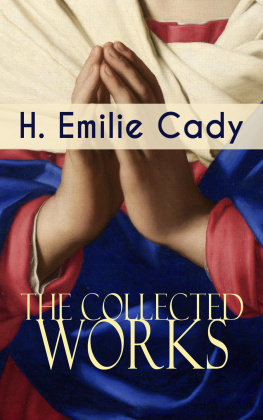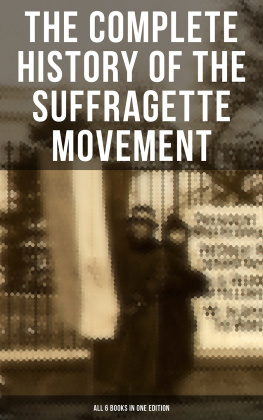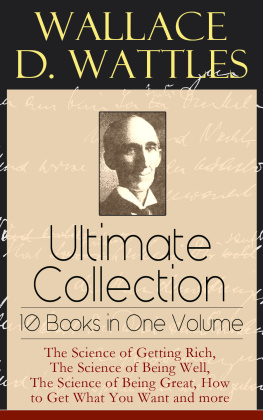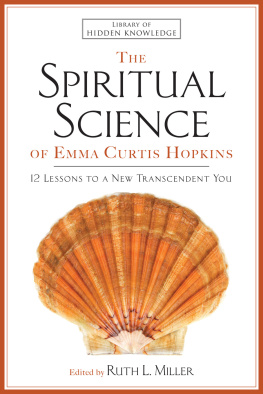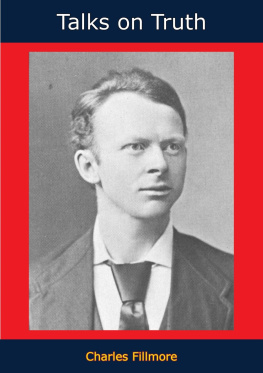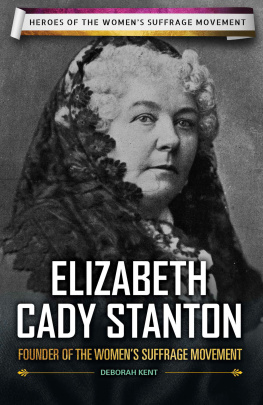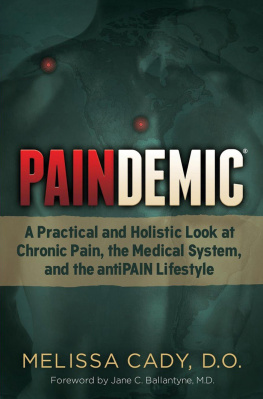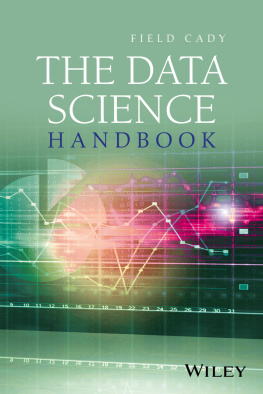Lesson 1
BONDAGE OR LIBERTY, WHICH?
In entering upon this course of instruction, each of you should, so far as possible, lay aside, for the time being, all previous theories and beliefs. By so doing you will be saved the trouble of trying, all the way through the course, to put "new wine into old wineskins" (Lk. 5:37). If there is anything, as we proceed, which you do not understand or agree with, just let it lie passively in your mind until you have read the entire book, for many statements that would at first arouse antagonism and discussion will be clear and easily accepted a little farther on. After the course is completed, if you wish to return to your old beliefs and ways of living, you are at perfect liberty to do so. But, for the time being, be willing to become as a little child; for, said the Master, in spiritual things, "Except ye... become as little children, ye shall in no wise enter into the kingdom of heaven" (Mt. 18:3). If at times there seems to be repetition, please remember that these are lessons, not lectures.
"Finally... be strong in the Lord, and in the strength of his might" (Eph. 6:10).
"Finally, brethren, whatsoever things are true, whatsoever things are honorable, whatsoever things are just, whatsoever things are pure, whatsoever things are lovely, whatsoever things are of good report; if there be any virtue, and if there be any praise, think on these things" (Phil. 4:8).
1. Every man believes himself to be in bondage to the flesh and to the things of the flesh. All suffering is the result of this belief. The history of the coming of the Children of Israel out of their long bondage in Egypt is descriptive of the human mind, or consciousness, growing up out of the animal or sense part of man and into the spiritual part.
2. "And Jehovah said [speaking to Moses], I have surely seen the affliction of my people that are in Egypt, and I have heard their cry by reason of their taskmasters; for I know their sorrows;
3. "And I am come down to deliver them out of the hand of the Egyptians, and to bring them up out of that land unto a good land and a large, unto a land flowing with milk and honey" (Ex. 3:7,8).
4. These words express exactly the attitude of the Creator toward His highest creation, man.
5. Today, and all the days, He has been saying to us, His children: "I have surely seen the affliction of you who are in Egypt [darkness of ignorance], and have heard your cry by reason of your taskmasters [sickness, sorrow, and poverty]; and I am [not I will, but I am now] come down to deliver you out of all this suffering, and to bring you up unto a good land and a large, unto a land flowing with good things" (Ex. 3:7 adapted).
6. Sometime, somewhere, every human being must come to himself. Having tired of eating husks, he will "arise and go to my Father" (Lk. 15:18).
"For it is written,
As I live, saith the Lord, to me every knee shall bow,
And every tongue shall confess to God"
(Rom. 14:11).
7. This does not mean that God is a stern autocrat who by reason of supreme power compels man to bow to Him. It is rather an expression of the order of divine law, the law of all love, all good. Man, who is at first living in the selfish animal part of himself, will grow up through various stages and by various processes to the divine or spiritual understanding wherein he knows that he is one with the Father, and wherein he is free from all suffering, because he has conscious dominion over all things. Somewhere on this journey the human consciousness, or intellect, comes to a place where it gladly bows to its spiritual self and confesses that this spiritual self, its Christ, is highest and is Lord. Here and forever after, not with sense of bondage, but with joyful freedom, the heart cries out: "Jehovah reigneth" (Ps. 93:1). Everyone must sooner or later come to this point of experience.
8. You and I, dear reader, have already come to ourselves. Having become conscious of an oppressive bondage, we have arisen and set out on the journey from Egypt to the land of liberty, and now we cannot turn back if we would. Though possibly there will come times to each of us, before we reach the land of milk and honey (the time of full deliverance out of all our sorrows and troubles), when we shall come into a deep wilderness or against a seemingly impassable Red Sea, when our courage will seem to fail. Yet God says to each one of us, as Moses said to the trembling Children of Israel: "Fear ye not, stand still, and see the salvation of Jehovah, which he will work for you today" (Ex. 14:13).
9. Each man must sooner or later learn to stand alone with his God; nothing else avails. Nothing else will ever make you master of your own destiny. There is in your own indwelling Lord all the life and health, all the strength and peace and joy, all the wisdom and support that you can ever need or desire. No one can give to you as can this indwelling Father. He is the spring of all joy and comfort and power.
10. Hitherto we have believed that we were helped and comforted by others, that we received joy from outside circumstances and surroundings; but it is not so. All joy and strength and good spring up from a fountain within one's own being; and if we only knew this truth we should know that, because God in us is the fountain out of which springs all our good, nothing that anyone does or says, or fails to do or say, can take away our joy and good.
11. Someone has said: "Our liberty comes from an understanding of the mind and the thoughts of God toward us." Does God regard man as His servant, or as His child? Most of us have believed ourselves not only the slaves of circumstances, but also, at the best, the servants of the Most High. Neither belief is true. It is time for us to awake to right thoughts, to know that we are not servants, but children, "and if children, then heirs" (Rom. 8:17). Heirs to what? Why, heirs to all wisdom, so that we need not, through any lack of wisdom, make mistakes; heirs to all love, so that we need know no fear or envy or jealousy; heirs to all strength, all life, all power, all good.
12. The human intelligence is so accustomed to the sound of words heard from childhood that often they convey to it no real meaning. Do you stop to think, really to comprehend, what it means to be "heirs of God, and joint-heirs with Christ" (Rom. 8:17)? It means, "Every man is the inlet, and may become the outlet, of all there is in God." It means that all that God is and has is in reality for us, His only heirs, if we only know how to claim our inheritance.
13. This claiming of our rightful inheritance, the inheritance that God wants us to have in our daily life, is just what we are learning how to do in these simple talks.
14. Paul said truly: "So long as the heir is a child, he differeth nothing from a bondservant though he is lord of all;
15. "But is under guardians and stewards until the day appointed of the father.
16. "So we also, when we were children [in knowledge], were held in bondage under the rudiments of the world:
17. "But when the fulness of the time came, God sent forth his Son... And because ye are sons, God sent forth the Spirit of his Son into our hearts [or into our conscious minds], crying Abba, Father.
18. "So that thou art no longer a bondservant but a son; and if a son, then an heir through God" (Gal. 4:1-7).
19. It is through Christ, the indwelling Christ, that we are to receive all that God has and is, as much or as little as we can or dare to claim.
20. No matter with what object you first started out to seek Truth, it was in reality because it was God's "fulness of the time" (Gal. 4:4) for you to arise and begin to claim your inheritance. You were no longer to be satisfied with or under bondage to the elements of the world. Think of it! God's "fulness of the time" now for you to be free, to have dominion over all things material, to be no longer bond servant, but a son in possession of your inheritance! "Ye did not choose me, but I chose you, and appointed you, that ye should go and bear fruit" (Jn. 15:16).
Next page
